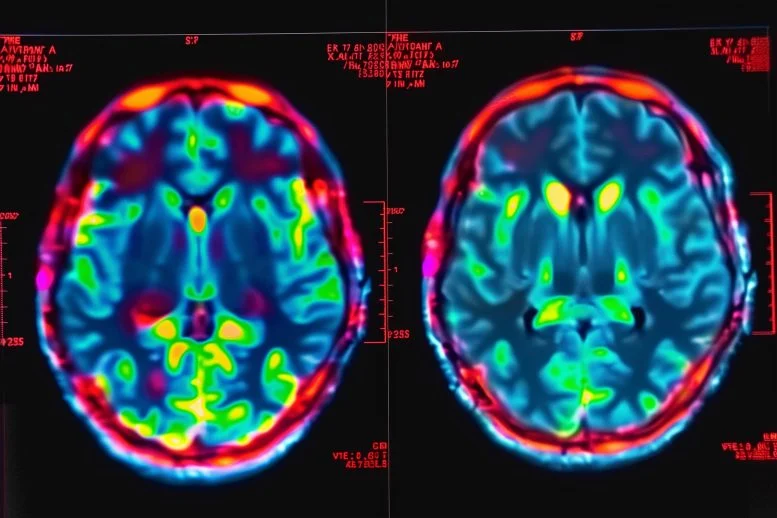Cannabis Use and Brain Function: A Groundbreaking Study
A new study published in JAMA Network Open examines how both recent and long-term cannabis use affects brain function during cognitive tasks.
As the largest study of its kind, researchers analyzed over 1,000 young adults aged 22 to 36 using brain imaging technology. They found that 63% of heavy lifetime cannabis users showed reduced brain activity during a working memory task, with a similar impact seen in 68% of recent users.
Reduced Brain Activity and Working Memory Impairment
This decrease in brain activity was linked to poorer performance on working memory — a crucial function that helps people retain and use information for tasks. For instance, working memory enables someone to follow instructions, mentally visualize concepts, or solve problems like math equations.
“As cannabis use continues to grow globally, studying its effects on human health has become increasingly important. By doing so, we can provide a well-rounded understanding of both the benefits and risks of cannabis use, empowering people to make informed decisions and fully comprehend the potential consequences,” said the study’s first author Joshua Gowin, PhD, assistant professor of radiology at the University of Colorado School of Medicine on the University of Colorado Anschutz Medical Campus.
In the study, heavy users are considered young adults who’ve used cannabis more than 1000 times over their lifetime. Whereas, using 10 to 999 times was considered a moderate user, and less than 10 times was considered a nonuser.
MRI Scans Reveal Cannabis’ Impact on Brain Function
The researchers studied the neural response of participants during a magnetic resonance imaging (MRI) session and gave them seven cognitive tasks to complete. The tasks tested working memory, reward, emotion, language, motor skills – such as tapping a finger to map brain control, relational assessment and theory of mind.
To read more, click on SciTechDaily







